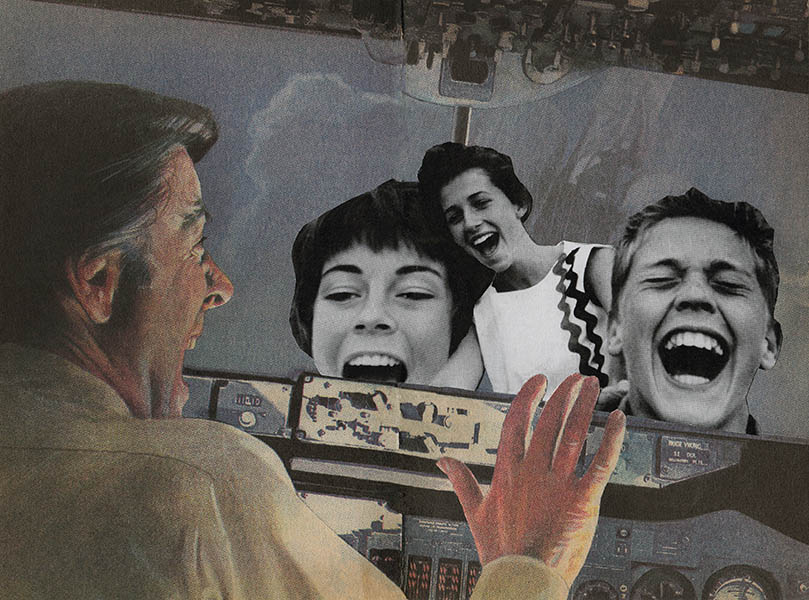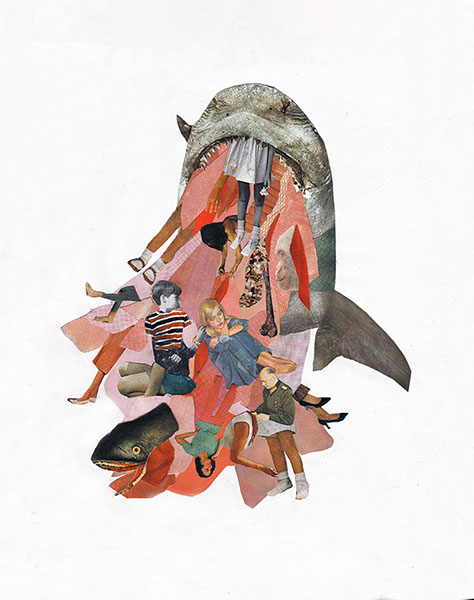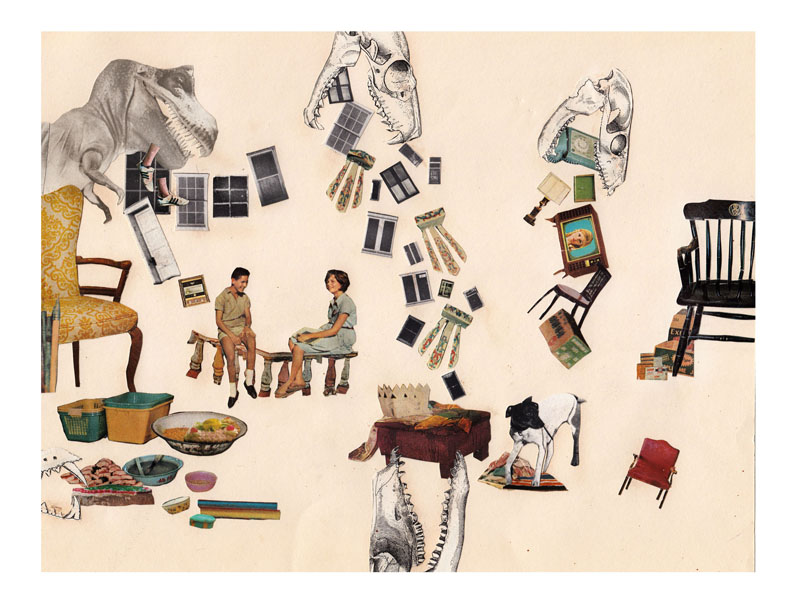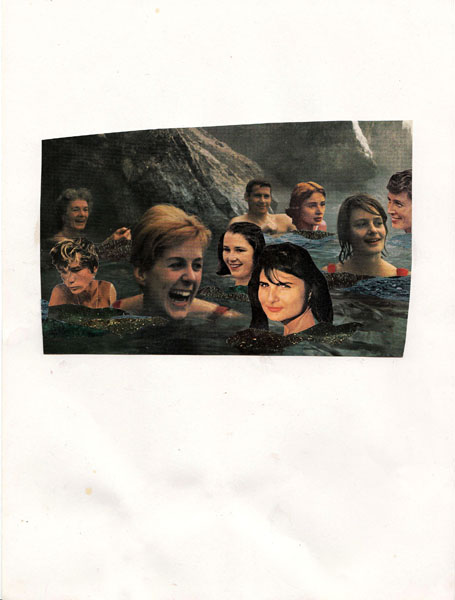I finally did it.
I took the trans-siberian across 25% of the world, starting in Moscow and ending in Beijing.
It took 6 days in our "first class suite" (i.e., 35 sq feet room with bunk beds. No toilet. A shared sink w/ a spray nozzle know as a "shower").
I loved it.
I'm inherently lazy. There are three things I really excel at in life: napping, traveling while still holding a full-time job and being tall (6'1"). Skill #1 and #2 were well served on the train while Skill #3 made the bunk bed situation a challenge.
My typical day went as follows:
- 9 AM: Naturally wake up to light filling our cabin (no alarm clock, thank god)
- 10 AM: Put on my ushanka (isn't that a great name) & parka and check out a random, Siberian train station for our 30 minute stop
- 10:30 AM - 3:30 PM:
- Read Infinite Jest (we finished it, long-winding footnotes & all)
- Take some photos out the window
- Play a little Spit. Accuse each other of cheating. Play again
- Watch the topography change while laying in bed
- Take a nap (the train basically rocked me to sleep)
- Eat some food. Make some tea using coal-heated, scalding water
- Chit-chat with train neighbors about their LonelyPlanet books
- 3:30 PM: Repeat above at another random Siberian train stop
- 4:00 PM - 8 PM: Repeat activities above. Start including beer & vodka in the mix.
- 8:30 PM: Make a dinner that can fit in a large, tin cup
- 9:00 PM: Head out for one last train stop & then read more Infinite Jest until falling asleep wondering how in the hell David Foster Wallace wrote such a witty and confusing and depressing book all at the same time. Finishing it might just be my top accomplishment of 2014 -- it's excellent, just hard to read.
If you're planning a similar journey, here's a few recommendations on what to bring:
- Sleeping bag: The train-provided comforters looked questionable, at best
- Tin camping cup & spork: We both became quite attached to our cups. Great for tea & meals
- Dry shampoo: We did not bring this; therefore, I got the nickname "greaser." The showers are "budget" to say the least, and the water is too cold to use in winter
- Playing cards: Just like on a family roadtrip, playing cards can save the day
- Long book: Six days on a train is a great time to dive into a good book. I'd recommend something challenging that you've been wanting to read for a long time, whether it's War & Peace or Atlas Shrugged
- Groceries: The train restaurant is expensive with mediocre to bad food. We brought power bars, lots of dried nuts / fruit, pasta, soup packs, muesli, crackers, cheese, sausage, herbs like mint & rosemary, etc, which made for some pretty good meals made in a tin cup. You can also grab snacks at the train stops
- Tea: Instant coffee is gross. We brought lots of tea
- Slippers: There's two communal toilets per train car. It's good to have slippers for the journey back and forth. They are also good for hanging out since I doubt the carpet in the train cars ever gets properly cleaned
- Toilet paper: Enough said
- Hand towel: If you do any cooking, it's good for washing your cup or dishes
- Carabiner: The rooms are 35 sq feet (I measured using my 6'1" body... one more use for my Skill #3). Therefore, the more you can use the space (and hang stuff), the better






















































